The National Center for Collaborative Healthcare Innovation
The National Center for Collaborative Healthcare Innovation (NCCHI) leads collaborations to solve the greatest health care challenges facing Veterans. Located in Silicon Valley, NCCHI collaborates broadly with industry, other government agencies, academia, and throughout VA to create far-reaching positive impact for our Veterans with cutting-edge technologies.

Our Work
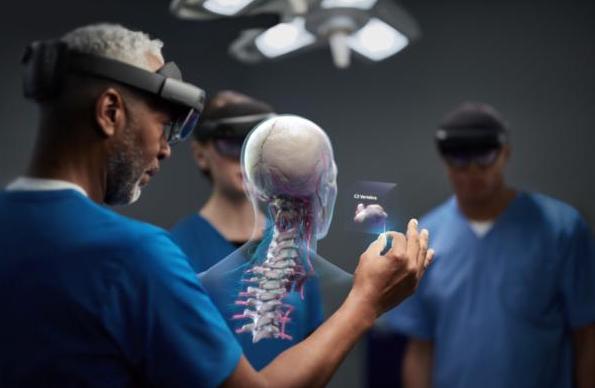
Augmented Reality and 5G
Project Convergence brings “science
fiction to
life” through
its cutting-edge 5G and augmented reality program.

Fall Prevention Projects
In 2015 the cost of fatal and non-fatal
falls in
the US was
approximately $50 billion— and since falls disproportionally impact older
adults,
it is a particularly important issue for VA to address.
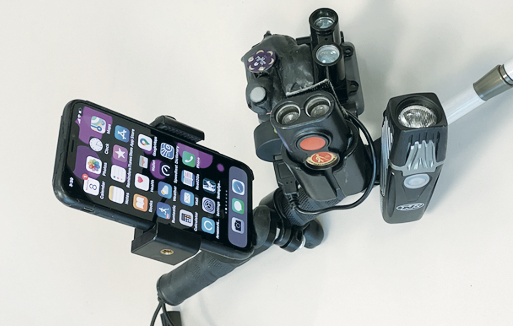
Smart White Cane for the Blind
Safe and independent navigation is one of the biggest challenges for those who are blind or visually impaired. The traditional ‘white cane’ for the blind has not significantly changed since its inception – until now.
Read More »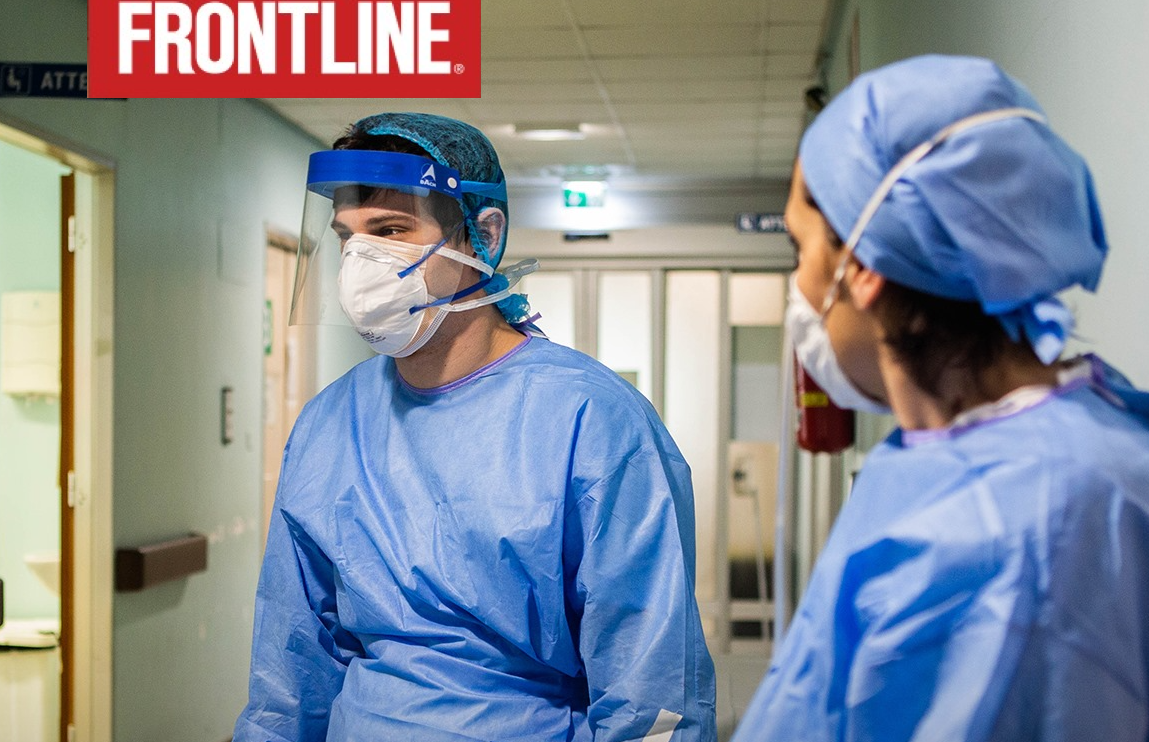
COVID Operational Readiness
During the onset of the COVID-19
pandemic,
front-line clinical
teams in many parts of the world were overwhelmed, overworked, and understaffed.
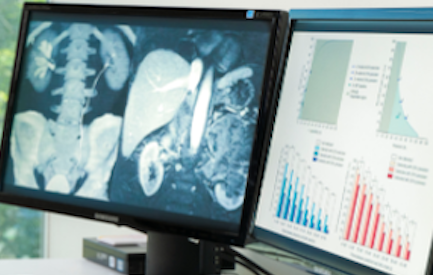
AI with DeepMind
In collaboration with Google DeepMind and
Google Health, we
are studying the clinical applications of machine-learning. The initial work with VA
data demonstrated that a Google machine learning algorithm can predict acute kidney
injury up to two days before normally detected.

XPRIZE Alliance to Combat COVID-19
Our NCCHI partnership with the XPRIZE
Foundation
is bringing
leading VA innovators next to partners from around the world to develop new ways of
combatting COVID-19.

Innovative Treatments for ALS and Prostate Cancer
NCCHI has partnered with the U.S
Department of
Energy, Lawrence Livermore National Laboratory (LLNL) in the fight against ALS
and prostate cancer, two diseases that have
devastating effects on Veteran populations.

Augmented Reality Microscope
The Augmented Reality Microscope (ARM) is an advanced artificial intelligence and augmented reality— enabled system that is currently programmed to detect prostate and breast cancer on pathology slides as a clinical decision support tool.
Read More »Journal Article Publications
Tomašev N, Harris N, [...], Osborne TF, Reeves R, Hassabis D, King D, Suleyman M, Back T,
Nielson C, Seneviratne MG, Ledsam JR, Mohamed S.
Use of deep learning to develop continuous risk
models for adverse event prediction from electronic health records. Nature
Protocols.
May 5,
2021. DOI: 10.1038/s41596-021-00513-5
Ferguson JM, Justice AC, Osborne TF, Magid HAS, Purnell AL, Rentsch CT.
Racial and ethnic
disparities for SARS-CoV-2 positivity in the United States: a generalizing
pandemic.
medRxiv
preprint May 2, 2021 DOI: DOI: 10.1101/2021.04.27.21256215
Ioannou GN, Green P Fan VS […], Osborne TF, Ioannou NG, Berry K.
Development of a model
(COVIDVax) estimating risk of SARS-CoV-2-related death among 7.6 million US Veterans for
use in
vaccination prioritization. JAMA Networks Open. Apr 8, 2021.
DOI:10.1001/jamanetworkopen.2021.4347
Ferguson JM, Magid HSA, Purnell AL, Kiang MV, Osborne TF.
Differences in COVID-19 Testing and
Test Positivity Among Veterans, United States, 2020. Public Health Reports. Apr 7,
2021.
DOI:
org/10.1177/00333549211009498
Pettit J, Nguyen S, Cadena J, Ng B, Reimer R, Osborne TF, Gryshuk A, Priyadip R
Machine Learning
Models for Identifying Risk Factors and Prediction of ALS Progression. 31st
International
Symposium on ALS/MND December 9-11, 2020. Live abstract poster Dec 9 2020. EPI-05
Video released by LLNL with IM release number:
LLNL-VIDEO-816864.
Osborne, TF, Veigulis ZP, Arreola, DM, Mahajan S, Röösli E, Curtin, CM.
Association of mortality and aspirin prescription for COVID-19 patients at the
Veterans Health Administration.
PLoS ONE 2021 Feb 11. DOI: 10.1371/journal.pone.0246825
Osborne, TF, Veigulis, ZP, Arreola, D, Mahajan, S, Röösli, E, Curtin, CM
Association of Mortality and Aspirin Prescription for COVID-19 Patients at the
Veterans Health Administration.
medRxiv preprint 14 Dec 2020. DOI: 10.1101/2020.12.13.20248147
D’Amour A, Heller K, Moldovan, D [...], Hou S, Mincu D, Nielson C, Osborne TF, Schrouff J,
Seneviratne MG, Sculley D. Underspecification Presents Challenges
for Credibility in
Modern
Machine
Learning.
arXiv preprint arXiv:2011.03395. 2020 Nov 6.
arXiv:2011.03395v1
Osborne TF, Veigulis ZP, Arreola DM, Röösli E, Curtin CM.
Automated
EHR score to predict
COVID-19
outcomes at US Department of Veterans Affairs. PLoS ONE 2020 July 27;
15(7):e0236554.
Part of ISSN:
1932-6203. DOI: 10.1371/journal.pone.0236554
Osborne TF, Suarez P, Edwards D, Hernandez-Boussard T, Curtin C. Patient Electronic
Health
Records
Score for Preoperative Risk Assessment Before Total Knee Arthroplasty.
Journal of
Bone
and Joint
Surgery. 2020 Apr 1;5(2):e0061. Part of ISSN: 2472-7245. DOI:
10.2106/JBJS.OA.19.00061
Mahajan SM, Mahajan A, Nguyen C, Bui J, Abbott BT, Osborne TF.
Predictive
models for
identifying
risk of readmission after index hospitalization for hip arthroplasty: A systematic
review. Journal
of Orthopaedics. 2020 Apr 1. Part of ISSN: 0972-978X. DOI:
10.1016/j.jor.2020.03.045
Scott GD, Osborne TF, Gross S, Fong D.
Value-based intervention with hospital and
pathology
laboratory informatics: a case of analytics and outreach at the Veterans
Affairs.
Journal of
Pathology Informatics. 2020
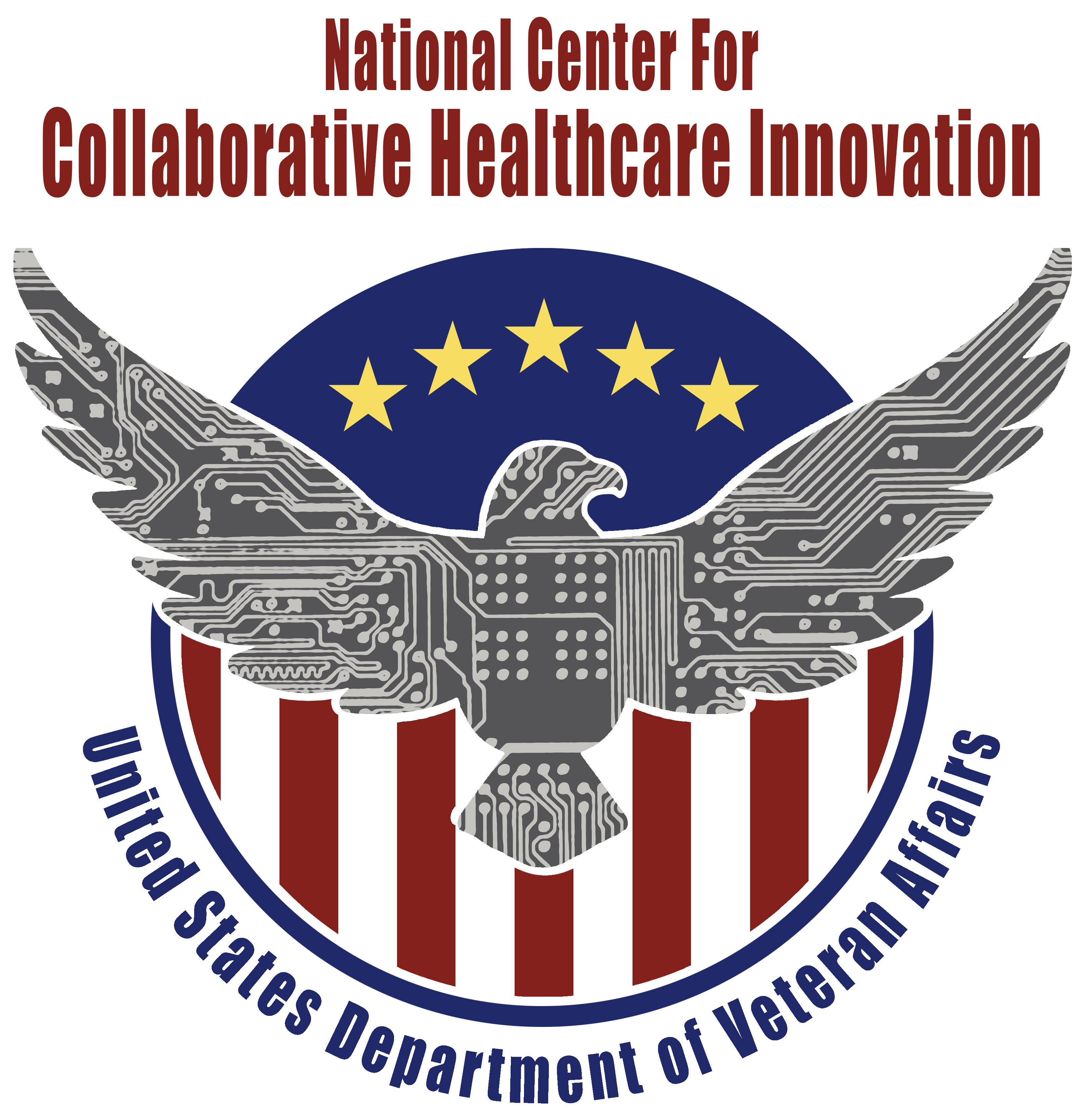
Dr. Thomas Osborne, Director for NCCHI
“This is a critically important time in medical history. The work we do at VA has the potential for broad positive impact that will not only dramatically benefit our Veterans, but also the world. As a result, we have both the opportunity and responsibility to be leaders in health care innovation.”
Let's
Connect!
Email us with any questions or
inquiries. We would be happy to answer your questions.
ContactNCCHI@va.gov






